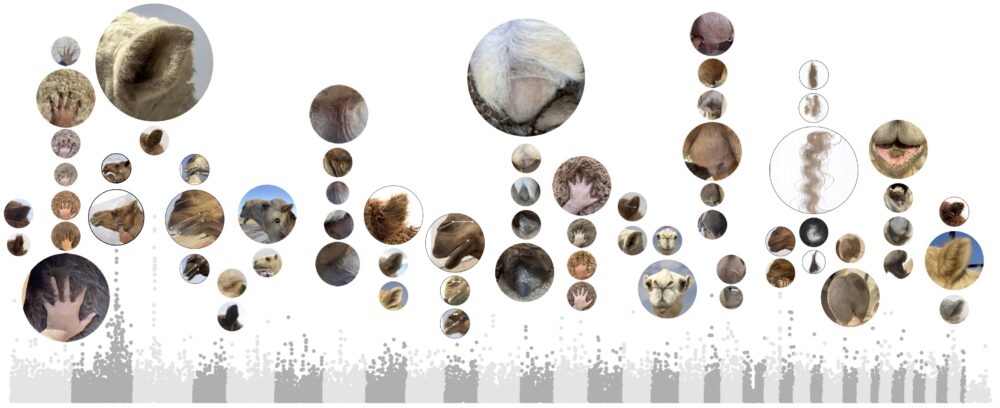To earn a degree, beyond your bachelor’s, U.S. graduate schools always state: A student must produce a “significant body of work”.
What does that mean?
Here are our guidelines for what it means to earn a graduate degree under our supervisions. This does not include what KU requires for your course work. This is what we expect you to master, with our help, before you leave us 🙂
We hope this helps each of us to stay on track. Please ask yourself these questions as you are trying to graduate.
- Your training in graduate school is to prepare you to be a free and independent thinker who is capable of producing knowledge rather than only memorizing facts from books and articles. Are you a free and independent thinker?
- Scientific literature comes in many forms nowadays. This includes articles, books, popular science, websites, etc. Do you read relevant scientific literature?
- Knowledge, ideas, and thoughts cannot be memorized. Your “significant body of work” comes primarily from the lab. Did you master taking/organizing your lab notes/computer files/literature and all forms of data?
- The science you do in the lab is not what your PI asks you to do with a specific deadline. Performing experiments requires learning how to coordinate with others plus how to manage your time and the resources. Can you propose/plan/execute new experiments?
- Nothing in the real world of science is like the figures you see in textbooks. The path to “significant body of work” is not a straight line. Have you learned how to trouble shoot and solve technical problems?
- Your scientific value comes from the skills you develop and techniques you master. What techniques have you picked up practically? What other techniques have you learned from only listening to your peers?
- Data Data Data! Your “significant body of work” needs data to come to life. What data have you generated? Is it high quality, reproducible and valid?
- Generating data is relatively an easy task while analyzing the data and producing clear explanation is quite challenging. Do you know how to analyze and present your data and results?
- You do not perform experiments in a dusty and dark dungeon. Your experiments should be in accordance with current thinking and findings of your field. Can you integrate your results into the current thinking/literature of the field?
- Knowledge becomes knowledge by sharing. You cannot become a scientist or produce “a significant body of work” by hiding your findings. You should develop the skills that enable you to share your science and findings. Have you mastered being able to organize your thoughts cohesively to be able to present them professionally to others (both orally = PowerPoint’s, and written= posters, thesis and papers)?
- Communication, communication, communication! You do not have to like an individual to communicate with. Communication in science is not making friends or befriending others. It is your way to the “significant body of work”. Were you respectful, supportive, helpful and able to “get along” and communicate well with ALL of your lab partners, your supervisors and the lovely administration at KU? (That’s a big task!!!)
- Seriousness will seriously get you sick. To produce your “significant body of work”, you need to enjoy and have fun doing it. Your graduate school experience is like running a marathon. It will not end within a semester after earning a good grade. For some, like your professors, the marathon will be a life-long pursuit. Did you learn to have fun/appreciate when things were going well, and to stay flexible/determined/resilient when things didn’t go so well?
- You will not know everything. You will not know everything even in your field. Being smart at this period of your life is not by knowing everything. It is rather by knowing what you don’t know. You should be comfortable to say, “I do not know”. It is okay not to know things and it should be your drive to know more. Have you said, “I do not know” to yourself? Are you comfortable saying, “I do not know but I will look into it” before an audience?
- GREAT 🙂 You did it!!! CONGRATULATIONS.
Now, we have both done our jobs.
